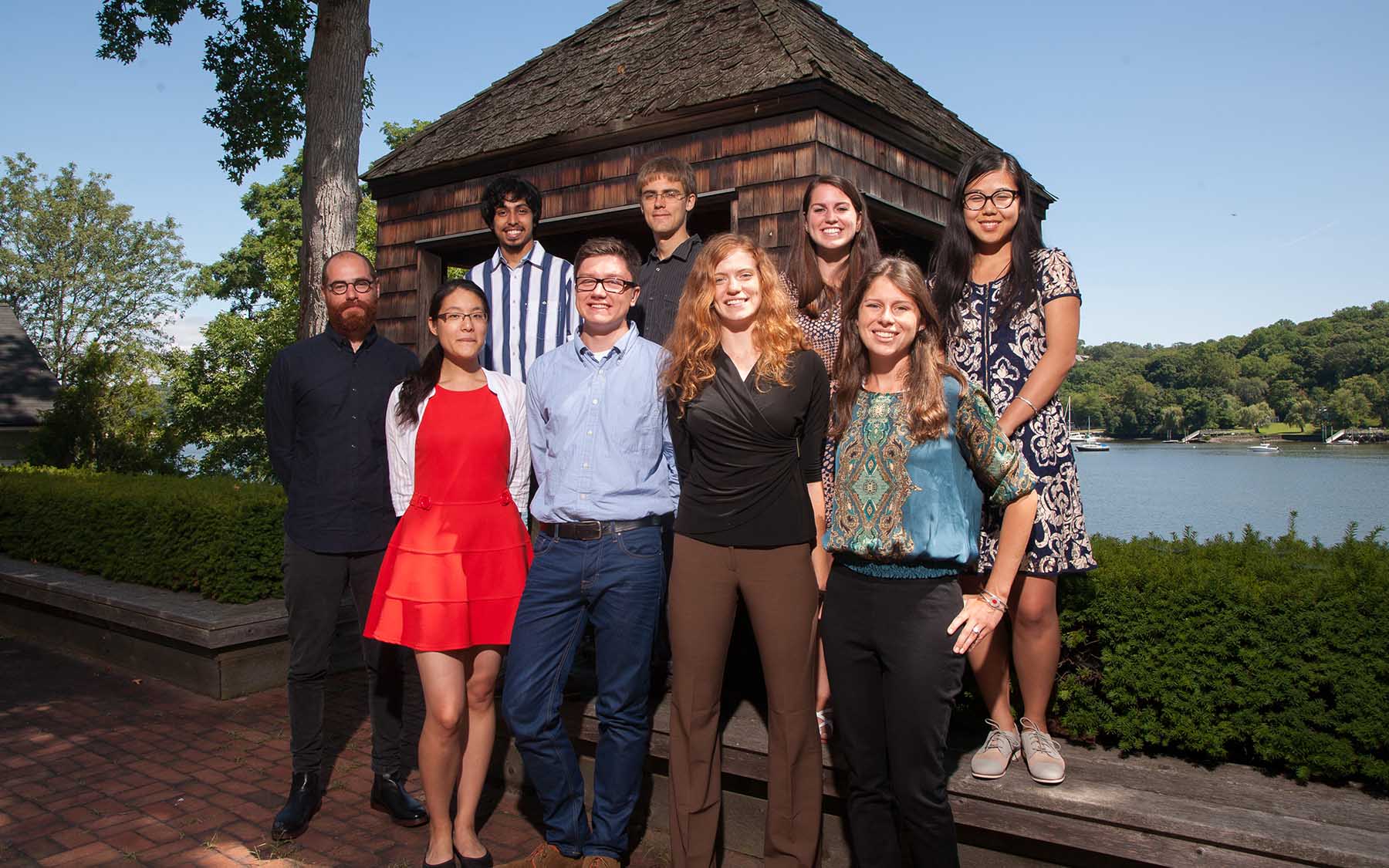There is one day of the year that everyone at the Watson School looks to with a certain level of anxiety: matriculation. This year, it occurred on August 18th and was, as usual, uneventful. Each student matriculates every year during their time in the Watson School. For current students, it is the day on which they get that much closer to having been graduate students for too long. For the new students, it’s the day on which they become a part of the School, starting what will be an intense first year of courses, rotations and exams that, at some times, seems like it will last forever.
Matriculation in its most ceremonious form involves a dark dress code, academic gowns, and Latin incantations. All very Hogwarts-esque. At the Watson School, matriculation involves filling in your address and signing a form. Students can keep the pen. Still, it’s each student’s commitment to another year of their studies, and another step closer to graduation. For first-year students, there is the added tedium of standing around for a while to have your photo taken, followed by hours—two days worth of hours—of introductions to taxes and libraries and safety and banking. And they get another pen. By the end of matriculation, the first-years have a stack of brand-new textbooks, a nice new computer, and yes, an impressive collection of ballpoints. And probably some wonderment at their decision to come to graduate school in the first place.
So, now that the Watson School’s Entering Class of 2014 has matriculated, what will happen next? Will they cure schizophrenia? And make energy out of pond scum? Will they discover how decisions are made? Or how cancers evolve and spread? At this point, there’s no way to predict what amazing things they’ll do. The Entering Class of 2014 has a range of scientific interests, from stem cells and birdsong to “undecided.” The one thing many of them do have in common appears to be a penchant for tea and biscuits, or perhaps the pageantry of Latin incantations, with four of our nine first-years—including two Americans—having done some of their studies at Cambridge University. The only British student, however, comes from Imperial College—and the Home Office. The others come from Brown, IIT Kanpur, McGill, and Princeton. (As the year progresses, we’ll introduce each of them).
But before the first-year students can start thinking about research projects, there are those courses and exams. The molecular and cell biology boot camp started just two days after matriculation, and although it bears little resemblance to its military namesake, it’s a lot of information in a very short time. And the semester gets more challenging from there: Python programming, membrane potential, electron densities, and on and on. Along with all the science, the first-years have to make the journey from the Knight and Cutting Houses along 25A. They have to figure out who can actually cook, and who’s better left with the clearing up. And where is this week’s wine and cheese. It’s the start of a yearlong adventure of sorts—it prepares students for thesis research, starts them toward their scientific futures, and introduces them to an exceptional group of friends and colleagues.
Matriculation. Another year at the Watson School begins.
